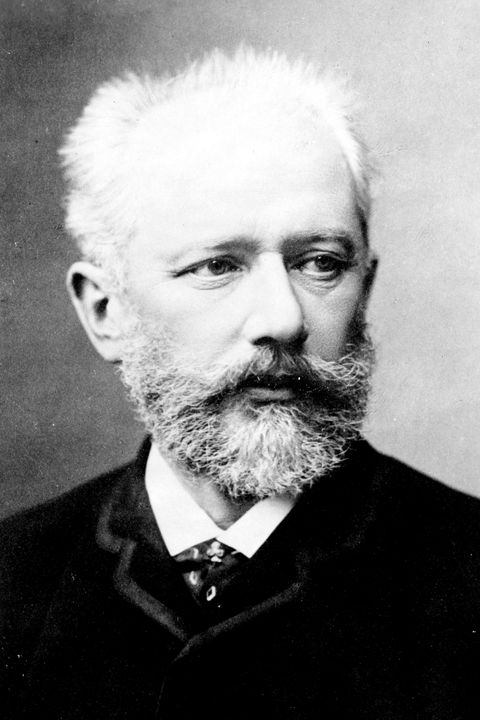
The greatest Russian composer of the nineteenth century was born the son of a mining engineer in the small town of Votkinsk, 600 miles east of Moscow. He was a neurotic, hypersensitive child who showed great sensitivity to music. Yet, he was sent to study law at the St. Petersburg School of Jurisprudence as a musical career was considered beneath the dignity of aristocratic Russians. At the age of twenty-two he gave in to his strong musical inclinations and entered the newly founded St Petersburg Conservatory which was considered a stronghold of Germanic influence by the fiercely nationalistic school, the “Russian Five”.Upon graduation, he accepted a teaching position at the Moscow Conservatory. Throughout his life, he traveled extensively, even to the US, conducting his works to great international acclaim. His music is an emotional autobiography in which he confides his innermost feelings. His gift for melody is paramount; its effect on an audience is so immediate and profound that few can remain untouched by his expressions of grief and inner torment. Surcharged emotionalism is implicit in almost every note he composed.
One reason for Tchaikovsky’s anxiety was his homosexuality, which carried the death penalty in Russia. To mask his proclivities, he entered into a short-lived and disastrous marriage with an unbalanced music student. He also gained the patronage of the fabulously wealthy widow, Nadezda von Meck, with whom he established a close thirteen-year relationship through letters. Her financial and psychological support gave him ample freedom to compose and travel.
Ten years after composing his fourth symphony and five years prior to his death and the premier of his sixth symphony, Tchaikovsky composed his Symphony No. 5 in 1888. The entire work seems to spring from some dark program there is evidence that his intent was to express “complete resignation before fate.” It is a cyclical symphony in that the melancholy and poignantly seductive theme recurs in all four movements and unifies the work. Its funeral character in movement one is gradually transformed from the memorable horn solo in movement two, through a third movement melandrolic waltz to the triumphant march of the finale. It is one of Tchaikovsky’s most popular works and a clear demonstration of the composer’s wonderful gift of melody.
Sadly, Tchaikovsky was coerced into committing suicide by arsenic poisoning in 1893 in order to avoid scandal after his affair was discovered with a young nobleman friendly with the czar. Until the downfall of the Soviet Union his family and the government covered up his death with the story that he had died of cholera. The world was made better by this good and kind genius. Whether or not he is the greatest of all Russian composers he has certainly proven to be the most popular.
